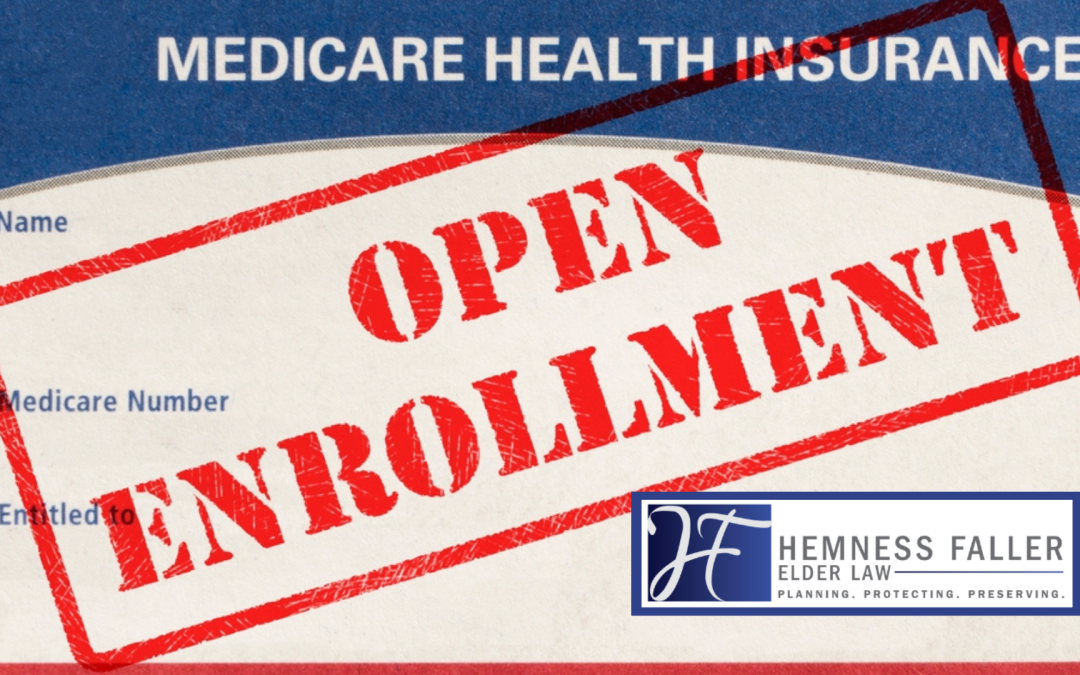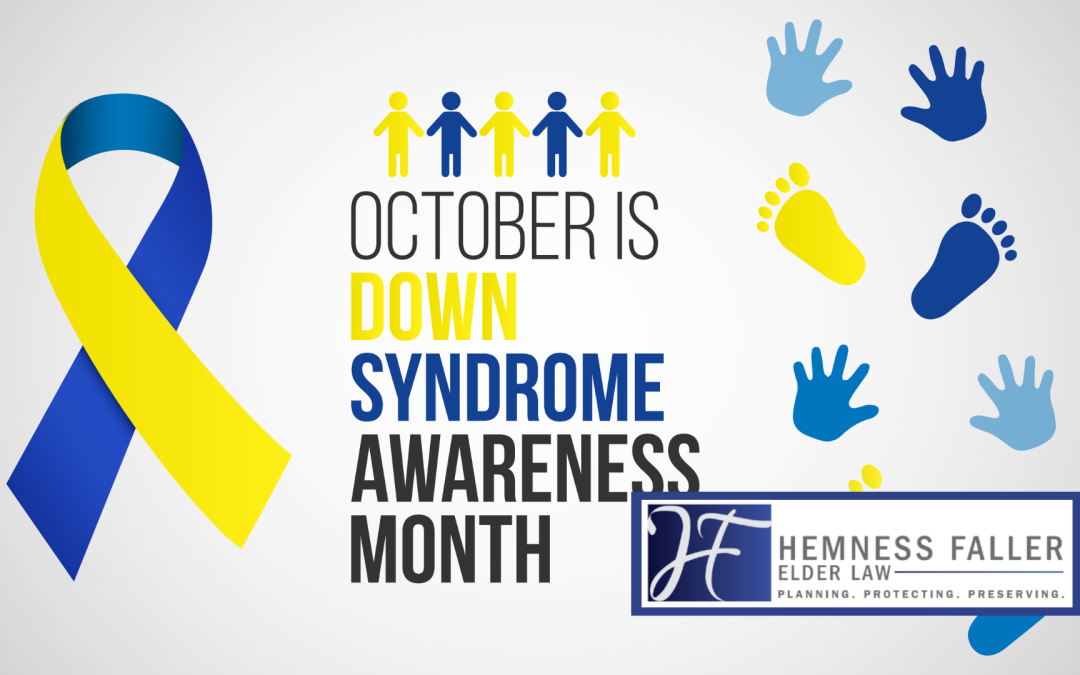Could you be breaking the law? You may be required to pay minimum wage or provide overtime pay for persons you hire to take care of your aging parent.
We first discussed the changes to the Department of Labor’s overtime rules in our Firm’s Facebook post on May 20. Here’s a little more information provided by ElderLawAnswers.
The federal government recently extended minimum wage and overtime protections to most home health care workers. If you are hiring a caregiver for yourself or an elderly loved one, you need to become familiar with the rules, even if the paid caregiver is a family member.
Under the Fair Labor Standards Act (FLSA), employers who hire casual babysitters and domestic service workers to provide “companionship services” to elderly persons or persons with illnesses, injuries, or disabilities are not required to pay the minimum wage or provide overtime pay. Therefore, if you directly hire a caregiver whose job it is to solely keep the elderly person company (for example, taking the client for walks, playing games with the client, reading, or accompanying the client on errands), then FLSA protections do not apply.
However, the companionship services exemption is not applicable when the caregiver spends more than 20 percent of his or her workweek performing “care services.” Care services are defined as assisting the client with activities of daily living, including dressing, feeding, bathing, toileting, transportation, light housework, managing finances, taking medication, and arranging medical care. Caregivers who perform tasks for the entire household and caregivers who perform medical services are also not covered under the companionship exemption. In addition, if a home health care agency is the caregiver’s employer, the home health care agency cannot ever claim the companionship exemption.
The rules for live-in caregivers are slightly different. If you hire the live-in caregiver directly, you must pay the caregiver minimum wage, but you are not required to pay overtime. Third-party employers (such as health care agencies) that hire live-in workers are required to pay overtime. Under the FLSA, to be a “live-in” home care worker, the worker must either live at the client’s home full-time or spend at least 120 hours or five consecutive days or nights in the client’s home per week. Caregivers who live with clients are not necessarily working the entire time they are at the house, and employers do not need to pay for sleep time, mealtime, or other off-duty time.
You can hire family members as care workers and the same rules apply to them as to non-family care providers. If you hire family members, you must pay them overtime and minimum wage as long as they are spending more than 20 percent of their time on care services. However, it is very important to have a written plan of care detailing the family member’s working hours and obligations, so it is clear what is work time and what is family time.
The federal minimum wage in 2016 is $7.25 per hour, but states may have higher rates. Employees who are entitled to overtime pay can receive one and a half times their normal rate for every hour worked over 40 hours a week.
Regardless of whom you hire to provide care for yourself or your loved one, you should have a written caregiver contract detailing the caregiver’s rights and responsibilities. Contact your attorney to make sure you are following the law when it comes to hiring a caregiver.
The Department of Labor produced a Consumer Guide helping families navigate these new regulations. You can find the Guide at this link.






